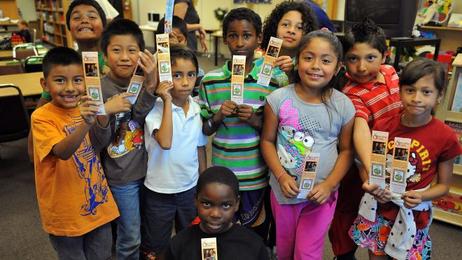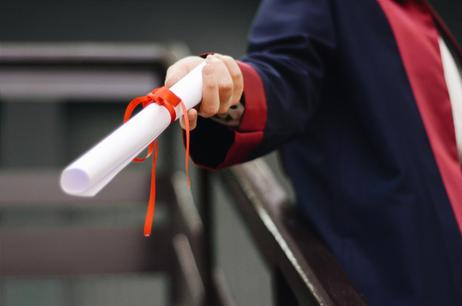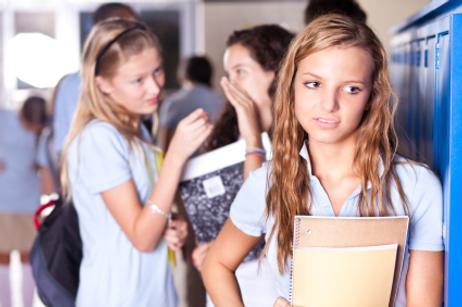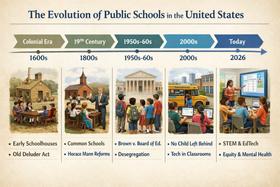Parents want to ensure their children obtain the best education possible, but few know how significantly their input can turn a campus into a top public school. There are numerous ways parents can get involved to raise the bar for the neighborhood school system. Consider these four ideas to help your schools achieve the quality you want for your children.
Parental Involvement in the Classroom
When parents enter the classroom, they obtain a better perspective of the teacher and students' challenges. Parental involvement encourages better communication between the teacher and parent and between the parent and child. According to a study by Henderson and Berla, the benefits of parental involvement to students include:
- Higher grades and test scores
- Better attendance
- More homework completed
- Improved attitudes
- Higher graduation rates
Benefits are not restricted to students, however. The school also benefits from parental involvement in the following ways:
- More support for teachers from families
- Improved teacher morale
- Higher student achievement
- Better reputation in the community
Parents also benefit from getting more involved in school business. By becoming involved, parents develop more confidence in the school and teachers. Moms and dads also become more confident in their parenting abilities and their children's potential for success.
In this TEDX Talk, Megan Olivia Hall discusses building robust relationships with teachers and parents.
Better Nutrition and Fitness
Obesity is becoming a national epidemic in the United States, and it is no longer just






















